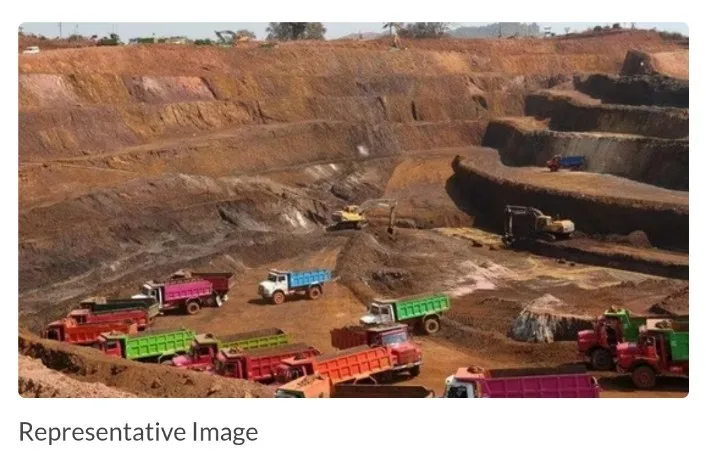The recent Supreme Court order staying two office memos of the Environment Ministry, which allowed post-facto clearance of mining projects, has triggered concerns about the fate of these operations. The memos, issued in January 2022 and July 2021, aimed to regularize projects that commenced work without the required environmental clearance. The court’s decision raises questions about a potential similar approach to post-facto forest clearances.
The memos outlined penalties for violations and specified remediation measures where necessary. However, the Supreme Court’s stay order has cast uncertainty on the status of these projects, prompting discussions on whether a parallel approach could be applied to post-facto forest clearances.
Vanashakti, an NGO, had challenged the standard operating procedure detailed in the memos, arguing that it goes against the principle of prior environmental clearance. The court’s stay order is significant as it puts a hold on the process of granting ex-post facto clearances across the country for various sectors.
Critics argue that such policies, which normalize post-facto approvals, set concerning precedents and potentially compromise environmental safeguards. Experts emphasize the need to examine the impact of this order on already granted ex-post facto clearances based on the office memos once the Supreme Court’s detailed order is available.
The Supreme Court’s decision not only affects mining projects but also raises questions about the Ministry’s ongoing practice of granting post-facto clearances in forest matters. The court’s intervention in this matter is seen as a critical development, influencing India’s environmental regulatory framework and shaping practices related to impact assessment and public participation in industrial and infrastructure projects.
Union Environment Ministry officials have yet to respond to the court’s decision, emphasizing the need to review the order comprehensively. The stay order challenges the growing trend of embedding ex-post facto approvals in India’s environmental regulatory framework.
This development follows a March 2022 Supreme Court ruling, allowing ex-post facto green clearances in exceptional circumstances. The court’s decision at that time emphasized that such clearances should not be granted routinely but in exceptional situations, considering all relevant environmental factors.
The court’s stay order on the Environment Ministry’s office memos raises broader questions about balancing sustainable development goals with environmental protection and may influence the ongoing discourse on regulatory frameworks for environmental clearances.




